February in Texas is usually above the freeze line, which means that most pool owners do not winterize their pools. However, if there is one word to describe Mother Nature it’s definitely unpredictable. Unpredictable weather in Texas has pool owners across the state wondering the same thing, “My pool is frozen. Now what?”
Pool owners in states like Florida and Texas tend to keep their pools open all year long. So, if by a sudden chance a snowstorm comes through, you may need to know how to maintain your pool during freezing temperatures.
Are You Running Your Pool Pump?
Pool Pump And Filter Not Running

When the weather begins to drop below 32 degrees F, pool owners should run their pumps continuously to avoid their water from freezing.
The consistent movement of water prevents the water in your pool equipment and pipes from freezing and cracking. However, what happens if you lose power?
Once you lose power, you lose the ability to circulate your pool water. As a result, your pump can freeze.
In the event that your pump freezes, please take the following steps.
- Turn off circuit breakers for all pool equipment.
- Open your filter’s air bleeder valve. If it is frozen, pour warm water to melt the ice.
- Remove the drain plugs from your pump. This should drain any water still trapped inside.
- Remove the drain plug from your filter.
- Remove any winterizing plugs and/or open drain valves on your heater.
- If applicable, remove your chlorinator lid and tubing.
- Open all your valves or adjust any 3-way valves to the middle position so that it allows the water to flow back into the pool
- Protect any pipes that cannot be drained with electrical heat strips. Cover electronic ignition heaters with a blanket. (UNCOVER PRIOR TO USE)
Pool Pump And Filter Are Running
If you currently have power, run your pump and filter continuously. If you installed a freeze guard in your pool system, it should run your pump non-stop until it reaches a safe temperature. Still, it might be smart to keep an eye on your pump just in case your freeze protection doesn’t kick in.
Keep your skimmer area and door free from ice. Try to break any ice that forms along the surface and/or near your skimmers. Remove your skimmer door if it is becoming impossible to keep your door from icing. You want to avoid damaging your skimmer at all costs.
Also, try to maintain the proper water levels in your pool at all times. If your water level drops too low, your pump will begin to suck in air through your skimmers.
Lastly, never backwash your filter during extreme cold. Your filter’s pressure gauge can freeze which can often result in inaccurate readings. We do not recommend running your pool heater unless the unit was running prior to the drop in temperature. If it was not operating once the freeze started, wait until temperatures rise again before running your heater. In fact, most heater manufacturers indicate in the owner’s manual the temperatures in which the unit should not operate. Please refer to your manual for specific temperatures.
My Pool Equipment Is Frozen
If your pool water and equipment are already frozen, there are still steps you can take to help minimize any future damage. During freezing temperatures, a thin sheet of ice can form. However, I wouldn’t be concerned until the ice is thicker than ¼” to ½”. As the ice expands, it puts pressure on your pool tile and skimmers
Vinyl Liners
If you have a vinyl liner, pay attention to the forming of ice sheets. If you have a leak under the ice sheets, the ice sheets can fall and damage your pool liner. We do not recommend removing the water beneath the ice. Instead, you should add more water if needed.
Pool Covers
Although pool covers were designed to withstand the cold, they are not designed to withstand heavyweight. Make sure you stay on top of pumping and cleaning your cover. Failing to do so can result in ice forming, which can damage your cover. (Unfortunately, this is NOT covered under the manufacturer’s warranty.)
Mesh covers have a tendency to look like it’s close to breaking or ripping under the ice. However, the cover actually tends to ‘stick’ to the surface of your water and will jump back to regular shape after thawing.
Pool Pipes
Your pool pipes that sit above ground are likely to crack if you do not keep your pump running once temperatures fall below 32 degrees F. If your PVC pipes freeze, the ice will expand and cause cracks to your pipes, pumps, valves, filters, and heaters.
If for whatever reason you cannot run your pool equipment, we recommend wrapping your PVC plumbing with a heating cable or blanket.
3 Ways To Avoid Damaging Your Equipment
During freezing temperatures, pool owners can take extra precautions to avoid damaging their pool equipment. Here are a few options for you:
- Keep your pump running at all times during freezing temperatures.
- Install a freeze protector.
- Remove winterizing plugs from your pump, filter, heater, and other pool equipment that you can drain.

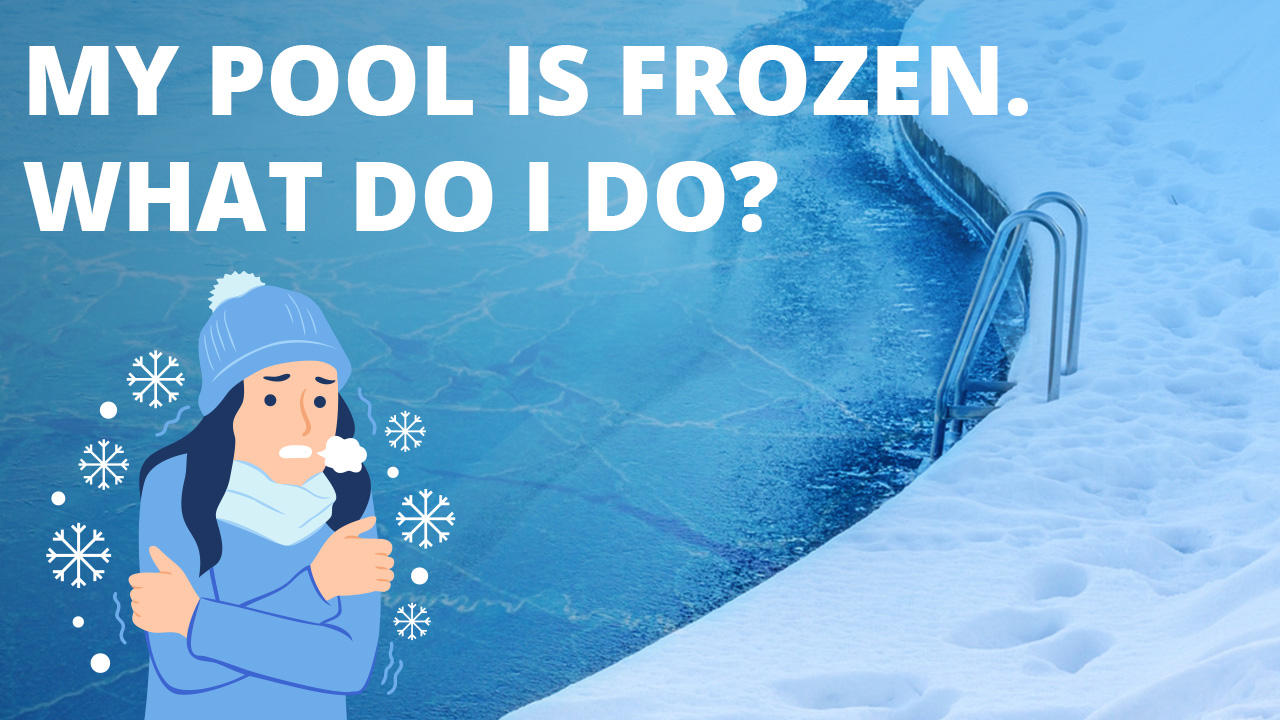


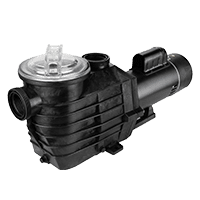
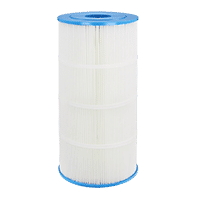
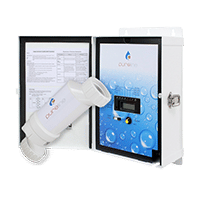
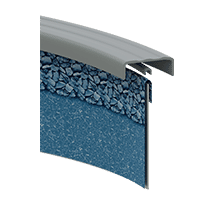



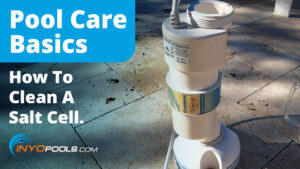
Leave a Reply